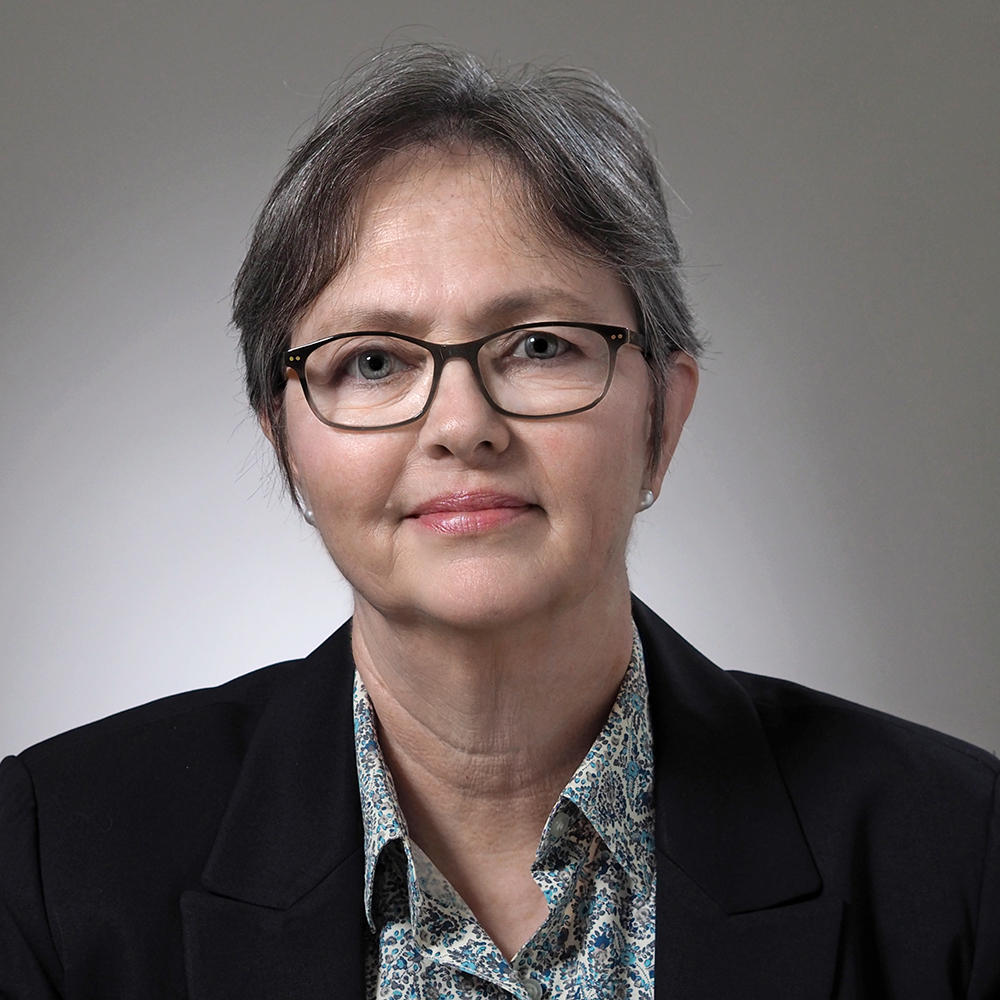
One Agency’s Maps Are Known For Documenting Redlining
But Many Other Factors Played a Role in Denying Loans, LDI Fellow Says
Population Health
Blog Post

In 2017, Philadelphia launched a sweetened beverage tax of 1.5 cents per ounce, raising the cost of a 2-liter soda bottle from about $1.50 to $2.50. Research, including from LDI scholars, demonstrates the potential of “soda taxes” to improve peoples’ diet and possibly, chronic conditions such as obesity, diabetes, and heart disease. The World Health Organization supports beverage taxes, and 45 countries and 7 U.S. cities have them.

Beverage taxes are regressive, though. They’re harder on the budget of a low-income family than a higher-income one. To counteract this problem, some cities have directed the tax revenue to programs that benefit communities most burdened by them. In Philadelphia, soda tax revenue supports early childhood education including free pre-K, along with renovations to city schools, parks, libraries, and playgrounds.
Given the costs and benefits, how do families feel about the beverage tax? A study from LDI Senior Fellows Emma Edmondson, Judy Shea, Emily Gregory, Christina Roberto, and Senbagam Virudachalam found that a group of 30 Philadelphia parents with average annual income under $50,000 were surprisingly positive about it. They also had suggestions for improving its effectiveness.

In summer 2020, the research team interviewed parents and caregivers of children aged 2 to 11, who potentially benefited from the funds for pre-K education. All interviewees were female, and 97% were African American. Researchers asked about their beverage-buying behavior and whether it changed due to the tax, their awareness of the tax and its purpose, and their perceptions of its fairness.

Most participants knew about the tax, that it’s meant to reduce unhealthy beverage use, and that it funds education, which they said was “a good cause.” Reported changes in sweetened beverage consumption by adults and children varied, but when buying drinks, interviewees considered the connection between the tax, its support of education, and their family’s health. Some avoided the tax by shopping outside of Philadelphia or substituting drink mixes such as Kool-Aid.
Their perceptions of the tax’s fairness depended on how they experienced its benefits in their neighborhoods—a finding highlighting the importance of transparency and accountability in what happens to the tax revenue. There was strong support for city efforts to improve early childhood education, including through taxation that affected them, but as one parent said, “They gotta prove it.” The sentiment is justified: Philadelphia’s website on the beverage tax shows that more than half of the revenue has gone into a general fund, not yet supporting promised programs (although funds were initially frozen while the beverage industry litigated the tax.)

Other policy recommendations from the study are to link the tax to health messages. Participants commented that store signs for the taxed beverages conveyed that the drinks cost extra and are unhealthy . More publicity connecting soda taxes to health benefits could both increase support for the taxes and strengthen the health message.
The study’s authors also concluded that sweetened beverage taxes are most effective if specifically aligned with community needs and values, such as childhood education in Philadelphia. The researchers noted that a state- or federal-level tax would prevent workarounds such as shopping outside the taxed areas.
Citing the success of multipronged campaigns to reduce tobacco use, the study team recommended multiple, simultaneous approaches to achieve benefits from reducing sugary beverage consumption. Combining sweetened beverage taxes with health messaging will maximize the public health impact.
The study “Low-Income Parents’ Perceptions of a Sweetened Beverage Tax in Philadelphia,” was published in the Journal of Nutritional Science on August 22, 2022. Authors are Emma K. Edmondson, Judy A. Shea, Emily F. Gregory, Christina Roberto, and Senbagam Virudachalam.


But Many Other Factors Played a Role in Denying Loans, LDI Fellow Says

Offit and Buttenheim Criticize HHS Placebo Trial Mandate as Unethical, Misleading, and a Threat to Vaccine Confidence

A Penn LDI Virtual Seminar Explores the Latest Trends in Anchor Institution Operations

Neighborhood Perceptions May Also Affect PTSD and Depression Recovery After Serious Injury

A Penn LDI and Opportunity for Health Lab Virtual Seminar Explores Economic Assistance Programs

Testimony: Delivered to Philadelphia City Council